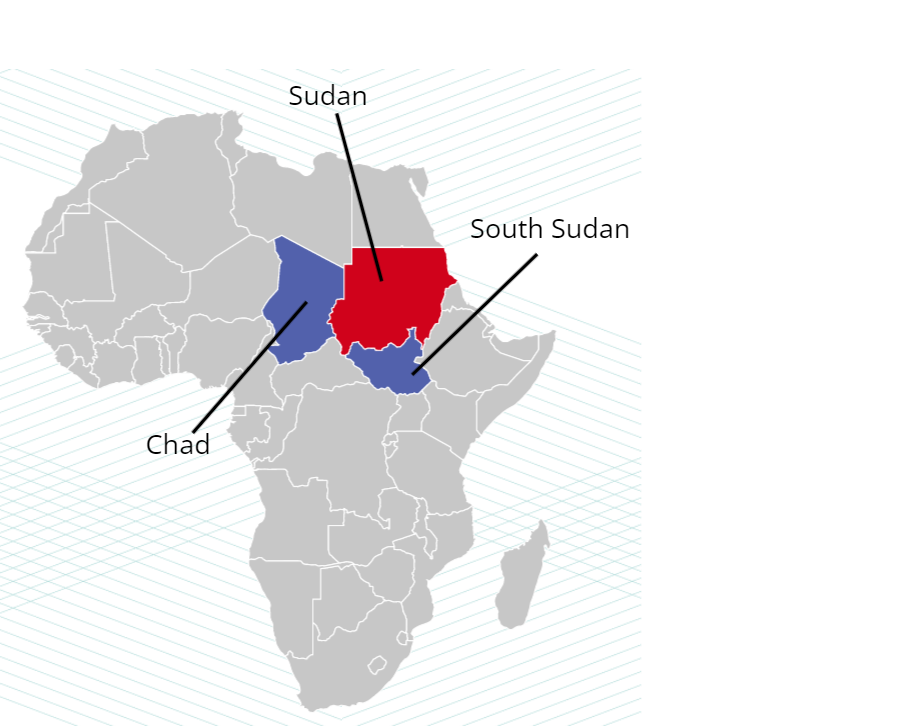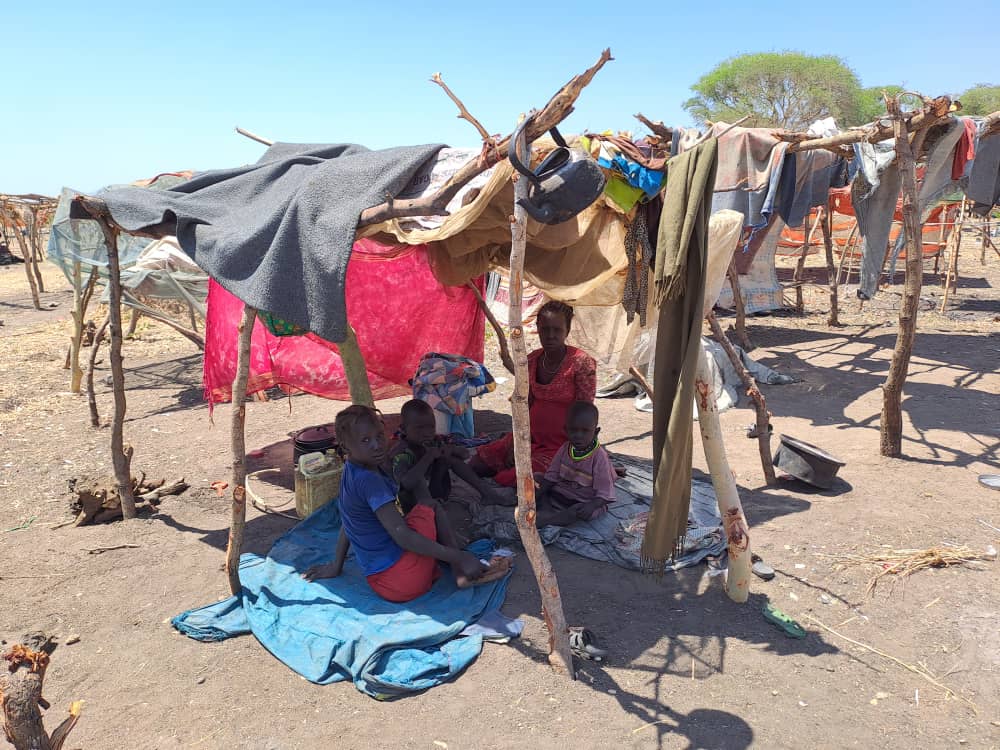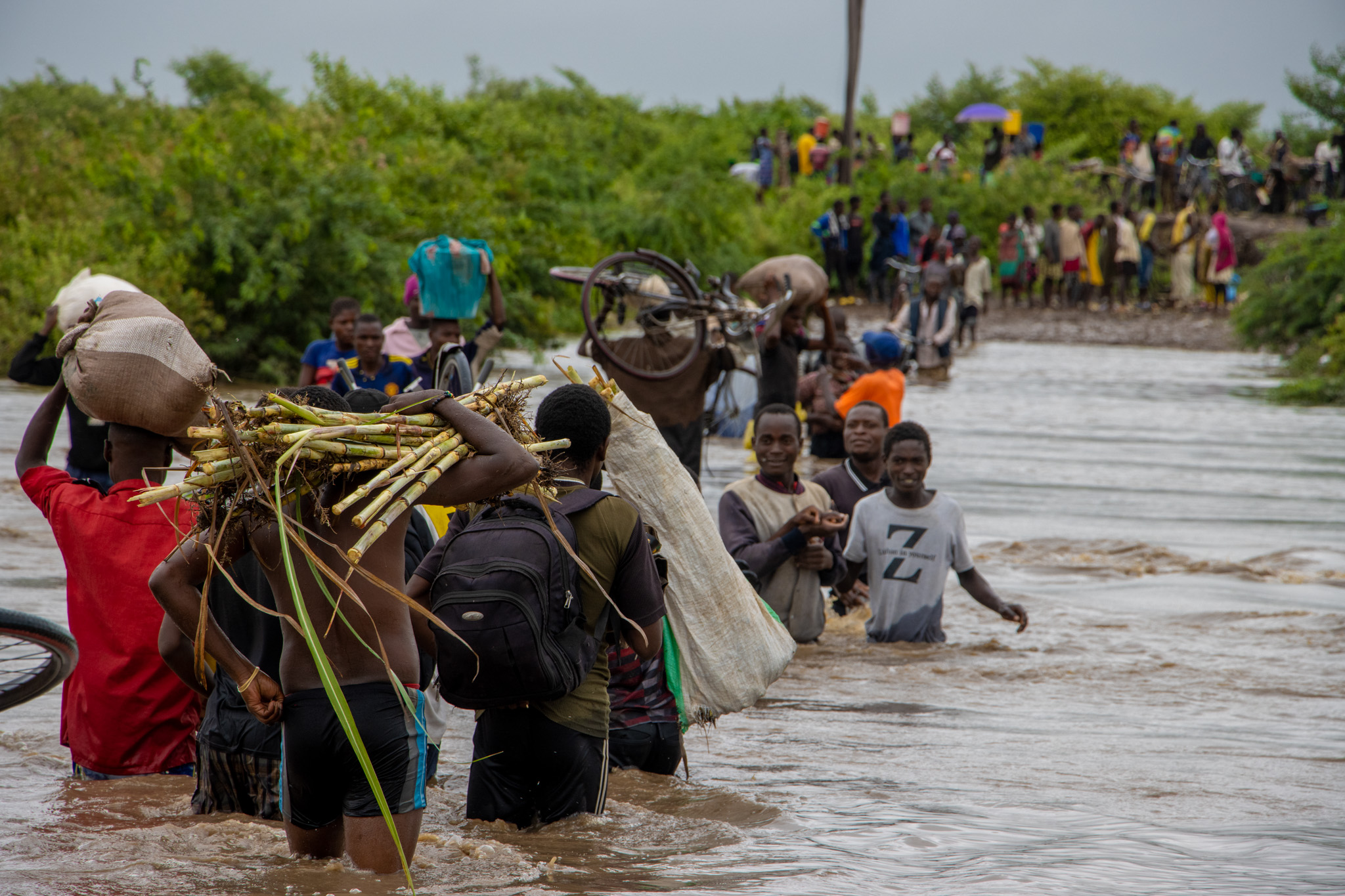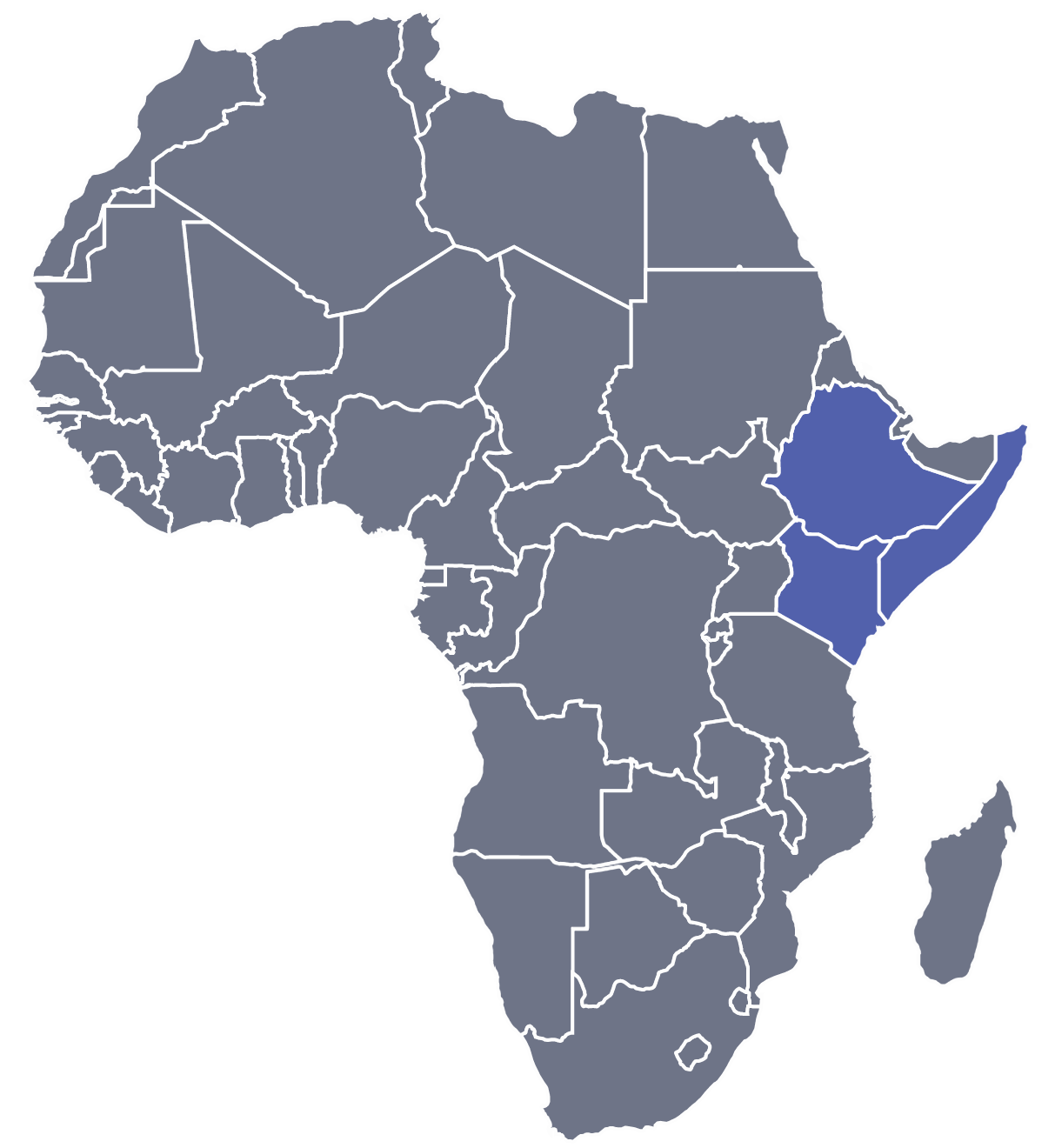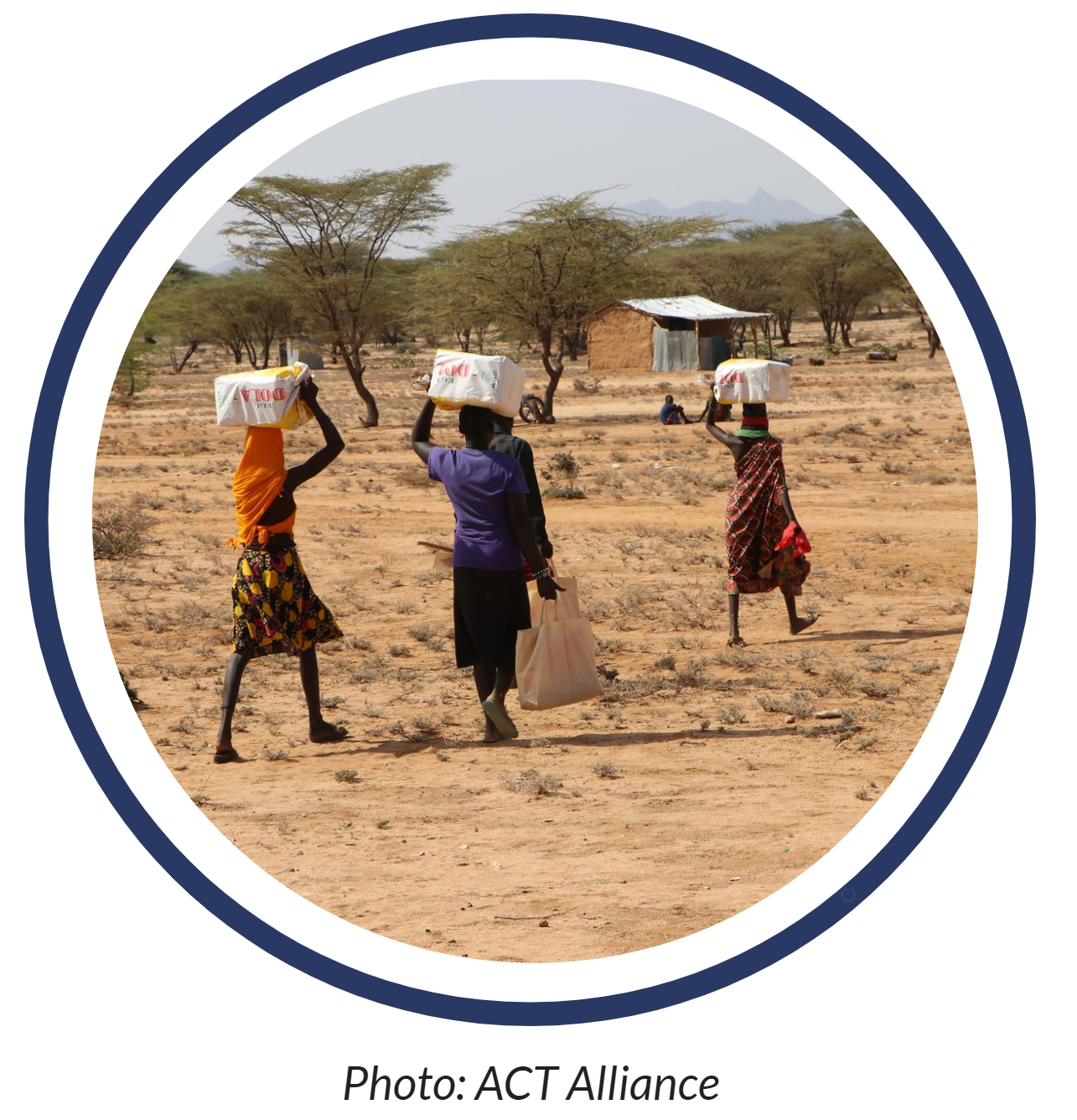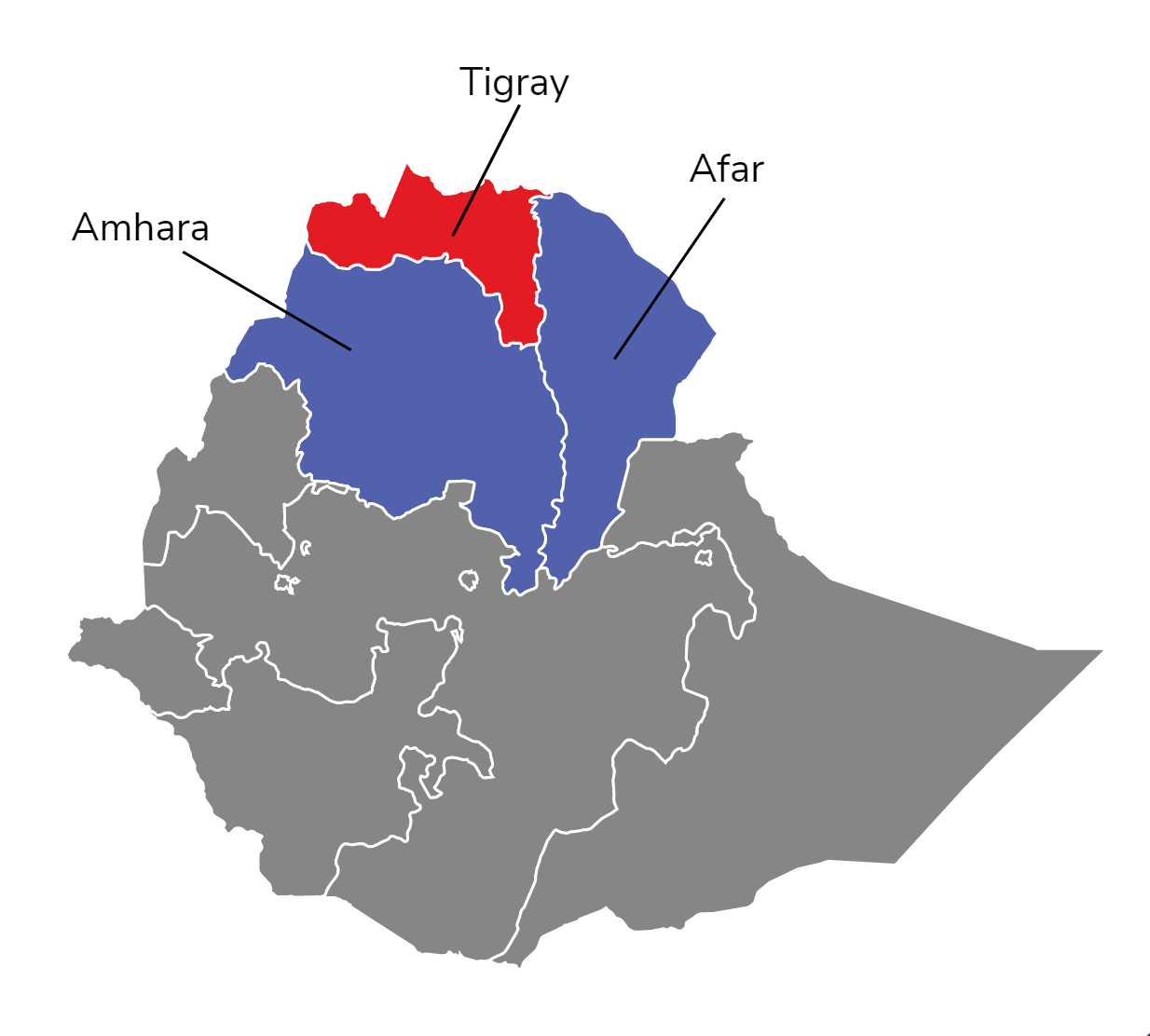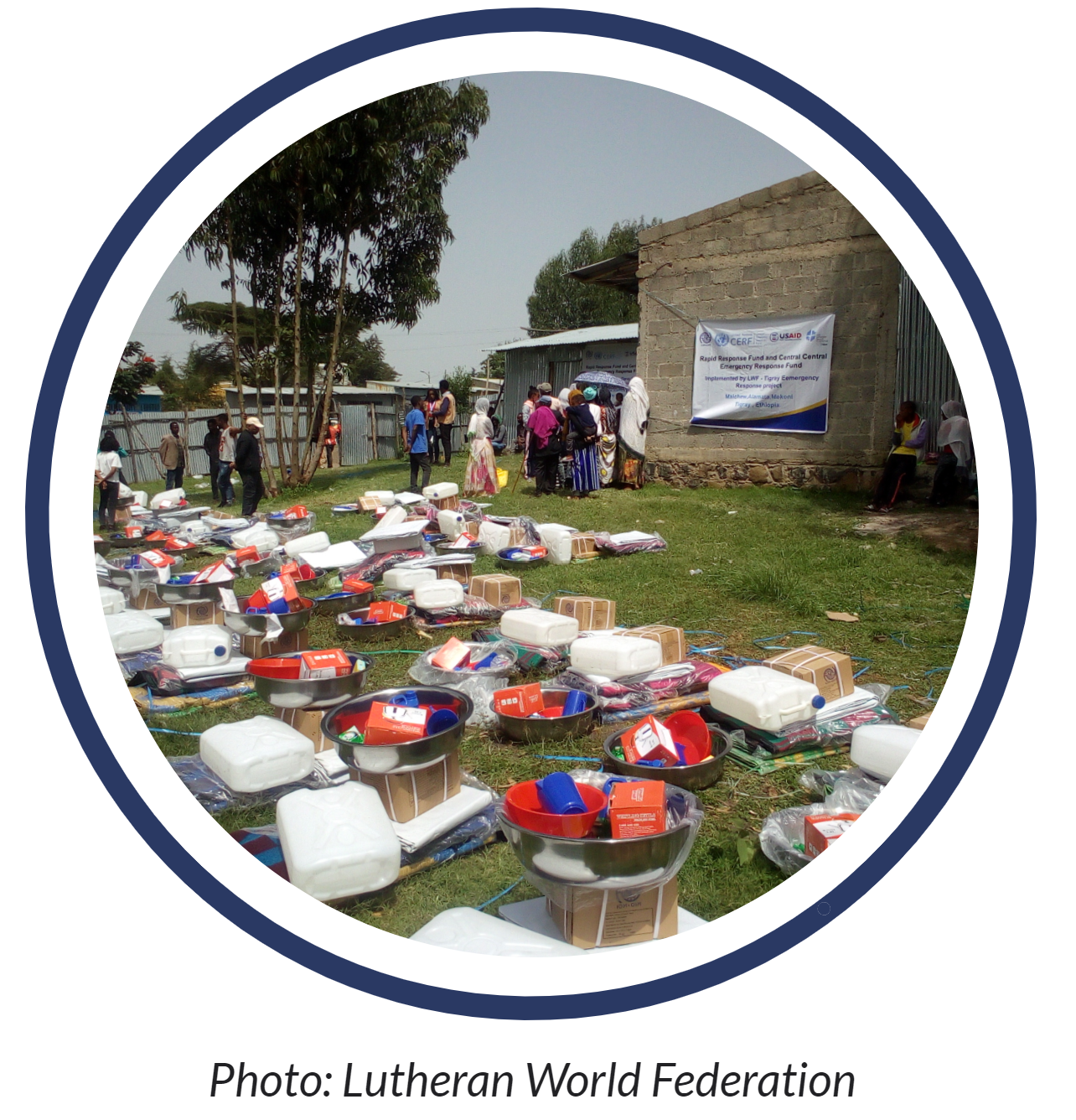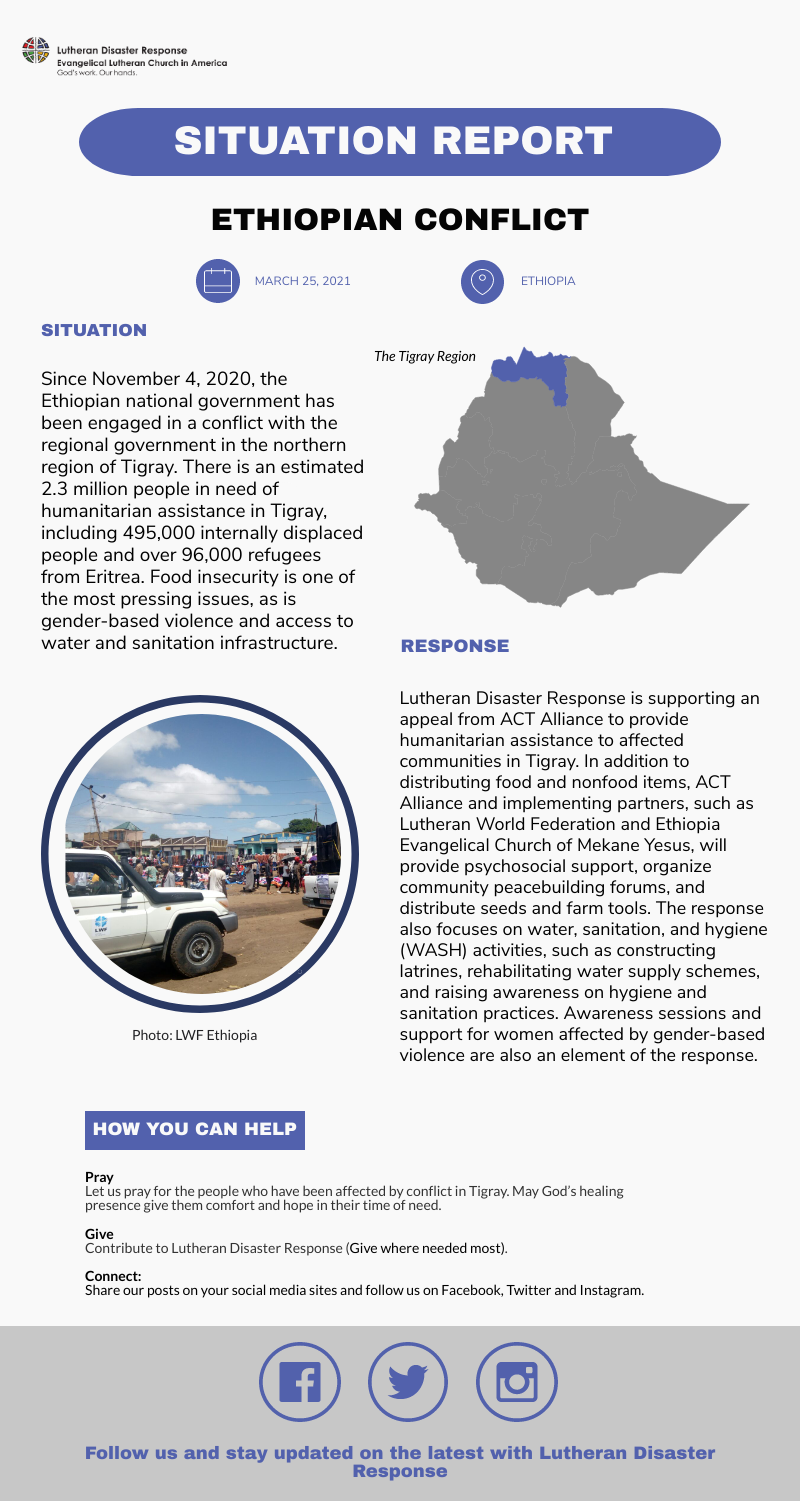See that none of you repays evil for evil, but always seek to do good to one another and to all. —1 Thessalonians 5:15
Forgiveness is rarely easy. It takes empathy, letting go of resentment and seeing the humanity in others. Even more difficult is seeking forgiveness and reconciliation after years of conflict that led to the deaths of over 380,000 people and the displacement of 4 million.
After achieving independence in 2011, South Sudan descended into civil war in 2013 when fighting broke out between the South Sudanese government and opposition forces. There were additional ethnic undertones to the conflict because the leaders of each faction were from different ethnic groups. A national peace process began in 2018, and the security situation has improved greatly, though some areas are still plagued by ethnic tension and communal violence.
Since the beginning of the civil war, South Sudan has been gripped by a cycle of violent retribution. The Episcopal Church of South Sudan–Upper Nile Internal Province (ECSS-UNIP) is striving to break that cycle.
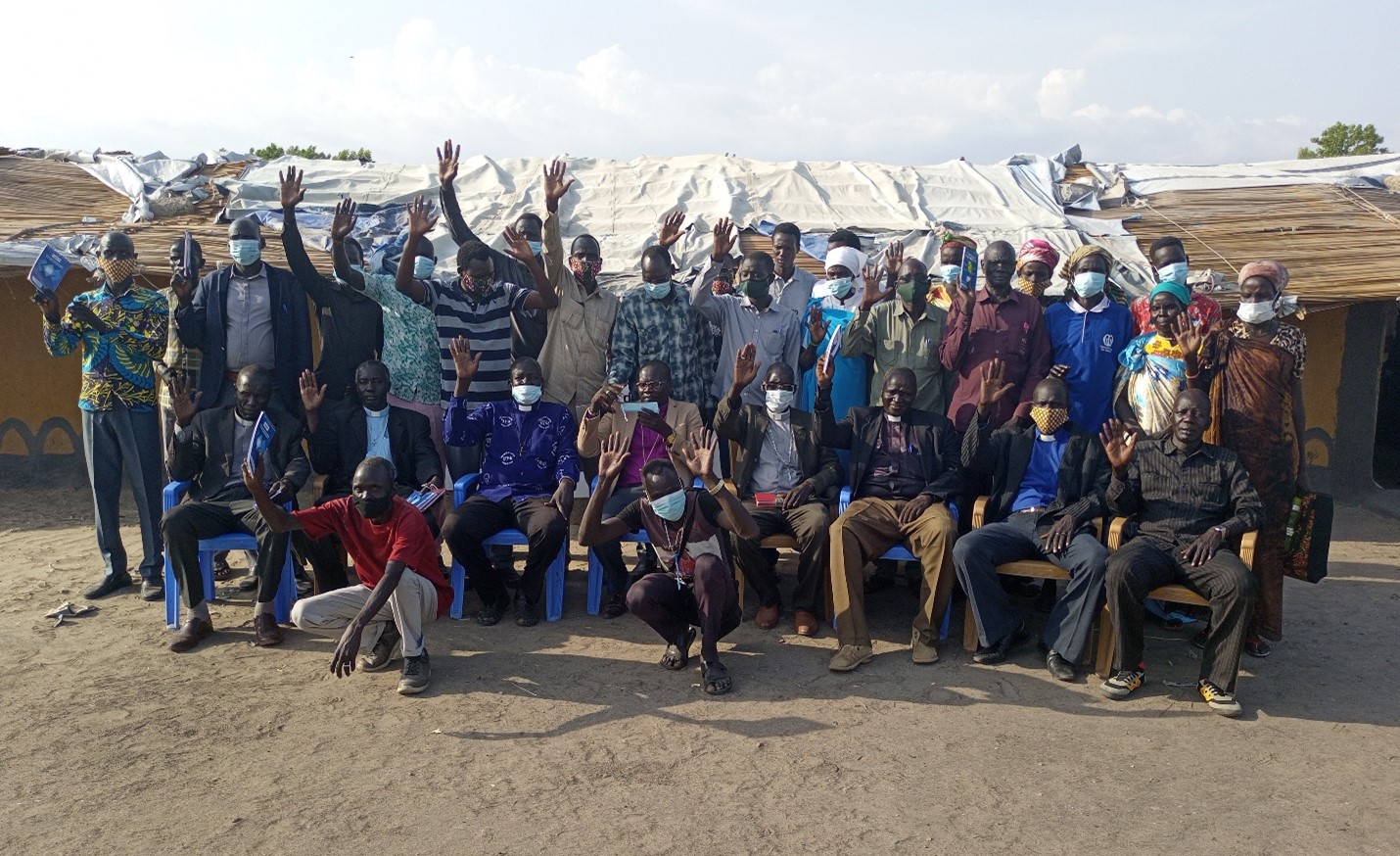 |
| Participants at an ECSS-UNIP workshop. |
Community Peacebuilding
Through its Peace and Reconciliation project, which is funded by Lutheran Disaster Response, ECSS-UNIP is fostering peace and understanding in the Upper Nile Internal Province. Much of the current discontent is at the local level; therefore, it must be addressed at the local level. The initiative unites local faith groups, tribal communities and political parties to provide stability in the region.
The Peace and Reconciliation project is achieving its goals through multiple avenues. Community peace committees distribute peace and reconciliation messages through social media, brochures and radio broadcasts, translating the messages into four languages to accommodate the area’s different ethnic groups. ECSS-UNIP also provides spiritual care and educational opportunities for youth — many of whom have experienced conflict and are now active in the peace committees.
“Real, full healing”
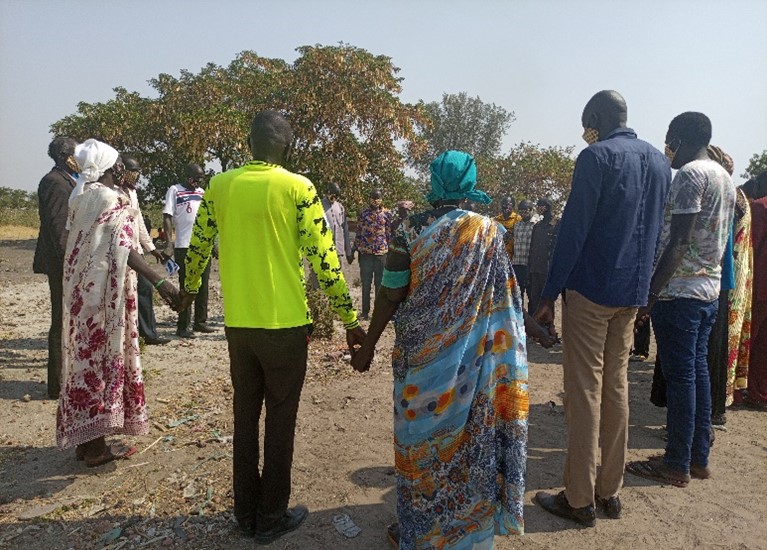 |
| A group praying together at an ECSS-UNIP peacebuilding workshop. |
In October 2020, ECSS-UNIP held a weeklong peace and reconciliation workshop for local leaders. The training focused on peace-building, confliction resolution and trauma healing. At the end of the week, Juliano Ambrose, a well-known peace advocate and coordinator for the South Sudan Council of Churches, closed the workshop with prayer.
Afterward, on his way home, Ambrose was fatally shot.
In the past, such a killing would have sparked more violence. But this time was different. Upon hearing of Ambrose’s death, leaders came together, encouraging dialogue and reconciliation. Workshop participants mourned together.
“What has happened is wrong,” Stephen Nyodho, bishop of the Catholic Church of Malakal, told local media about Ambrose’s death. “It should have not taken place when people are preaching peace, reconciliation and love.”
Ambrose believed in the power of prayer, peacebuilding and healing — as do many others. The reaction to his death shows that uniting communities around the goal of reconciliation can lead to real societal change. The Peace and Reconciliation initiative emphasizes that peace is not just the absence of violence; it takes real, full healing. Conflict is transformed, managed and resolved. Amid South Sudan’s continuing political strife, ECSS-UNIP is building relationships and resilient communities and showing that Christ’s love can break through all barriers.
